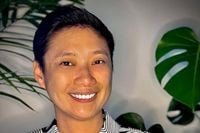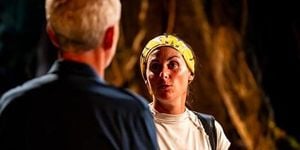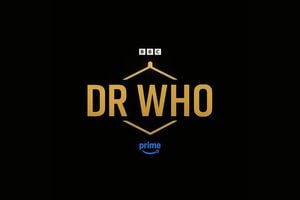Researchers at Carleton University’s Abilities Living Laboratory (ALL) are dedicated to enhancing accessibility for Canadians with disabilities, focusing on a wide array of life aspects such as sports, music, and employment. This innovative lab, directed by Adrian Chan, was established to bridge the gap between traditional research and the real-life needs of the disabled community.
With an impressive funding boost of $6 million, ALL commenced its research journey in October 2024, aiming to create a more inclusive society. Chan emphasized the lab's interdisciplinary nature, explaining that it brings together experts from various fields, including engineering and music, to address the diverse challenges faced by people with disabilities.
In an interview with The Charlatan, Chan elaborated on the lab’s mission, stating, "The ALL is a new, interdisciplinary environment. We have researchers from engineering to music gathered together to research how to increase the social participation of people with disabilities in all aspects of life." This collaborative approach is crucial, as it allows for a variety of perspectives and solutions to emerge.
One of the standout projects at ALL involves robotics designed to assist stroke survivors in rehabilitation. Chan explained that these robots can be used in innovative ways, such as being placed on a person’s foot to mimic walking while they are seated or providing support for individuals as they walk in hallways. This technology aims to facilitate earlier and more frequent rehabilitation activities, which are vital for recovery.
Another exciting area of research focuses on music-making for individuals with disabilities. Traditional instruments can often be inaccessible, so researchers are exploring digital and electronic alternatives that can provide new avenues for creative expression. Chan noted, "Traditional instruments might not be accessible to people with functional limitations, so digital or electronic instruments might provide an alternative to that."
Moreover, the lab is also investigating the accessibility of travel, particularly air travel, and infection protection control. This aspect of research is particularly relevant in today's context, where travel can often pose significant challenges for people with disabilities.
Despite the ambitious goals, ALL faces challenges, particularly in coordinating efforts across different disciplines and ensuring effective collaboration between academia and the community. Chan remarked, "The coordination across disciplines or between community and academia needs to work. It’s worthwhile, that’s why I’m hesitant to call it a challenge, but it does take longer to do properly." He also highlighted the difficulties in securing funding for interdisciplinary projects, as they often do not fit neatly into the categories that funding agencies typically support.
To overcome these funding obstacles, Chan and his team remain persistent. "We keep trying. Because my main research discipline, biomedical engineering, crosses engineering, biology and medicine, I’ve had some experience in falling between funding cracks," he explained. This tenacity is essential for the lab's progress and the advancement of their research goals.
At the heart of ALL’s philosophy is the motto, "Nothing about us, without us," which emphasizes the importance of including disabled individuals in all aspects of research and development. Chan explained that this approach is a response to a historical tendency to develop solutions without the input of the very people they are meant to help. He stated, "For way too long, work has been done for the community without their input, resulting in unsuitable or undesirable solutions."
In recent years, the disability community has adopted a variation of this motto: "Nothing without us." This newer phrase advocates for the inclusion of disabled individuals from the very beginning of the research and design processes. Chan noted, "We’re not just doing cutting-edge research for or with, but it’s also being done by people with disabilities." This shift in perspective is crucial for creating solutions that truly meet the needs of the community.
Looking ahead, Chan expressed optimism for the future of ALL. "We’re just kicking off. It’s really about building on the momentum that we have and then continuing to build our network by including collaborators and engaging other researchers," he said. His vision extends beyond the lab, aiming to enhance Carleton University’s capacity to contribute to a more inclusive and accessible society for all.
In conclusion, the work being done at Carleton University’s Abilities Living Laboratory represents a significant step towards a more accessible future for Canadians with disabilities. Through innovative research, interdisciplinary collaboration, and a commitment to including the voices of the disabled community, ALL is paving the way for meaningful change in how society approaches accessibility and inclusion.





